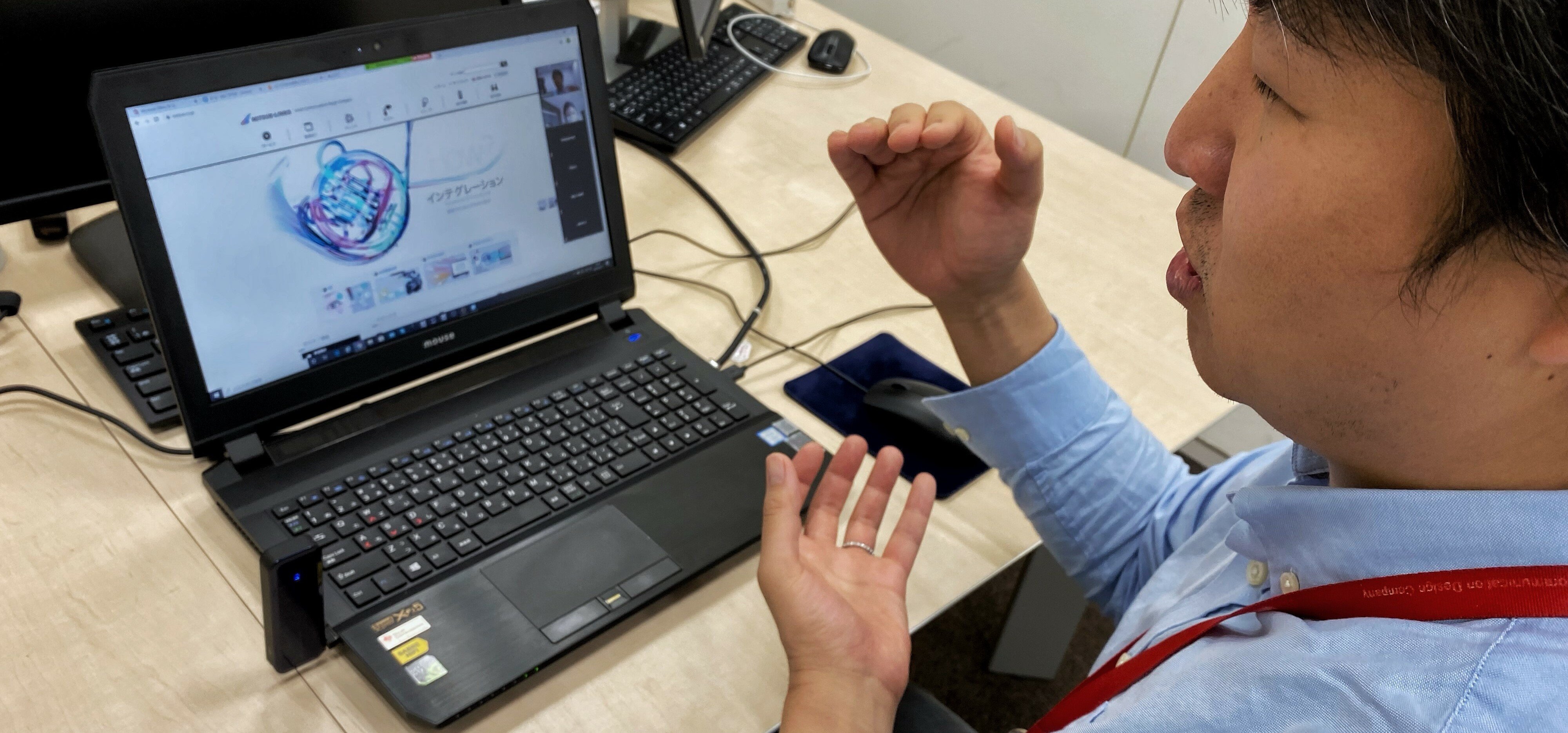Remote User Testing Amid a Global Pandemic
Jonathan WeeksAlmost three months have passed since COVID-19 was first reported to the WHO's Country Office in China. Since then, the outbreak has reached 155 countries and territories around the world, caused widespread disruption and fear, and has been officially declared a pandemic by WHO. Although there is now a global effort to stymie the rate of new cases, we remain in period of growing uncertainty. Whatever happens, the world is sure to face many challenges ahead.
Here in Japan, the immediate challenges are already touching many aspects of daily life. Rumors have led to panic-induced buying, particularly of masks, sanitizer and toilet paper. Various attractions and schools are closed nationwide, the latter having a huge effect on working parents. And Japan's traditionally office-based company culture is having to rethink the way it does business, with many companies asking employees to work from home.
As of this writing, Japan has yet to report the kind of rapid community transmission that other countries around the world are now experiencing. But this does not mean that the situation will not deteriorate in the coming weeks.
At Mitsue-Links, many of us are still working from the office, but we have adopted prevention policies to do our part in the global fight against the virus. As is always the case for us every flu season, thorough hand washing and use of hand sanitizer is in practice, along with regular sanitization of desks and equipment. We have also limited out-of-office meetings, most of which now take place through online platforms.
As for UX Research, we are still capable of offering our full spectrum of services, from user interviews to expert evaluations. For the moment, we continue to offer in-person testing at our user testing studio on a case-by-case basis. For these, we carry out strict hygiene procedures to ensure minimal risks for both participants and researchers. These precautions include proper sanitization before entering the facility and the mandatory wearing of masks during sessions. As many of our clients have been restricted from traveling, we are also offering remote viewing for sessions carried out in our user testing studio.
We prefer to run in-person testing where possible, as remote user testing can include its own set of challenges. Issues may arise with equipment and internet connection, participants may feel distanced or unmotivated without face-to-face interaction, and there could be access issues for some participants with low technical literacy.
In spite of these cons, the uncertainty of the future means that we must act with foresight and prepare for the worst. As a result, we have begun implementing remote testing with live English interpretation as an alternative to in-person testing.

Our remote testing services are run through the Zoom platform, which has, for us, proven to be the most reliable video conferencing environment. To allow for bilingual sessions, we stream via two channels. One channel displays the original Japanese-language session, while the other provides English interpretation. Our clients can either stream these sessions live or watch the recordings, which can be delivered within a few business days. As a counterbalance to the cons associated with this approach, remote testing gives us the ability to recruit participants at a nationwide level in Japan. It also means observers can watch from any global location, thereby negating travel costs.
No one knows what the future will hold, so it can only be hoped that the situation will improve in the coming months. However, while adversity may often signal times of change, we must consider that not all change is unwelcome. The challenges ahead may be daunting, but they also give us a chance to reevaluate, discover, and hopefully better ourselves for tomorrow.
